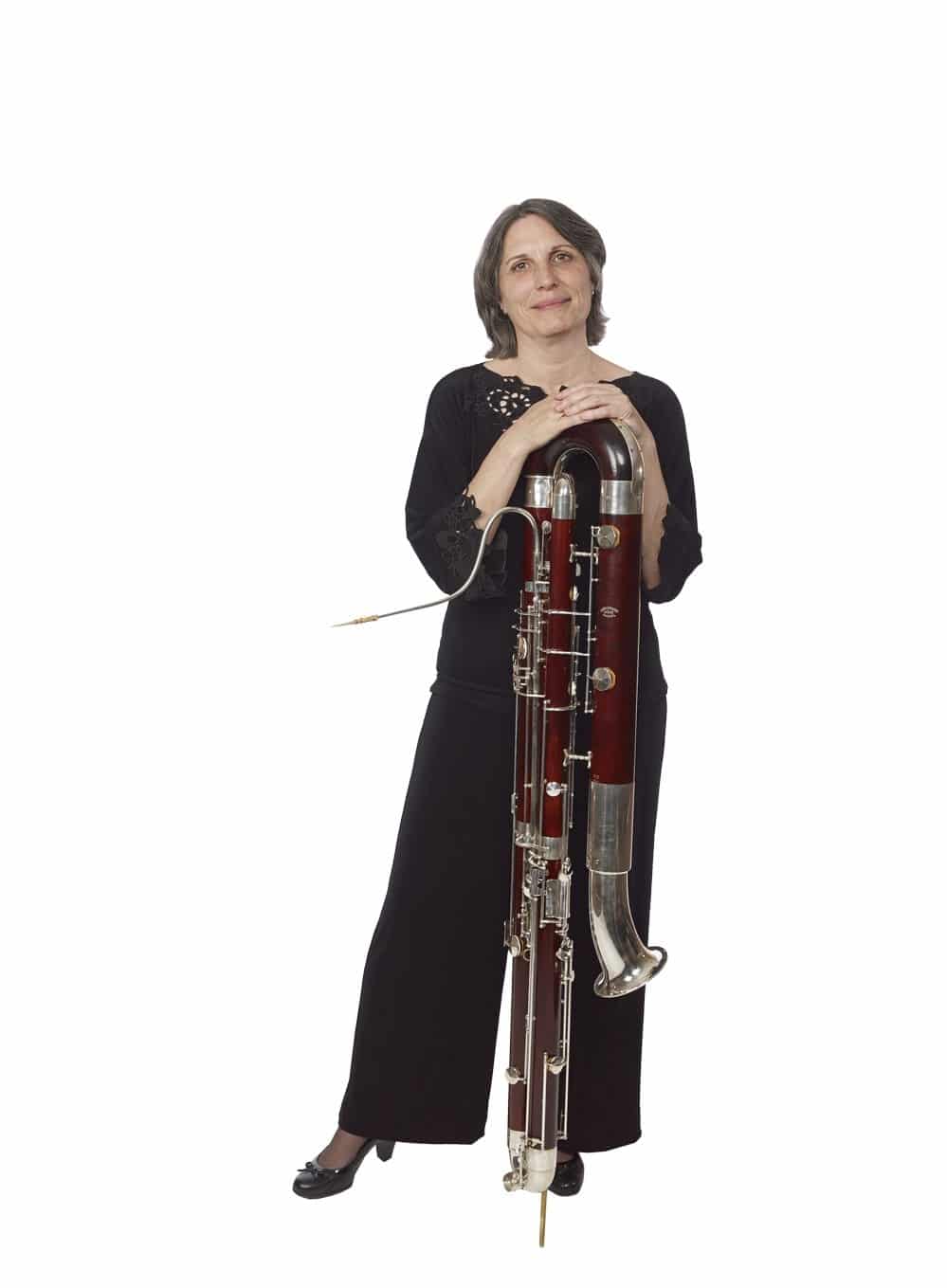A major paperchase in tomorrow’s Guardian newspaper (originating at the Süddeutsche Zeitung) claims that a man called Sergei Roldugin holds the key to the Russian president’s billions.
Putin was at KGB training school with Roldugin’s brother Yevgeny. Sergei Rolgudin is director of the St Petersburg House of Music. Roldugin has alwayys maintained that he is but a humble musician.
According to the Marinsky Theatre website:
Sergei Roldugin was born on 28 September 1951 on the island of Sakhalin. At the age of five he began to study the piano and, at the age of eight, he took up the cello. Graduated from the Riga School of Music (1970) and later from the Leningrad Conservatoire (1975, class of Anatoly Nikitin). There he also undertook a trainee assistantship. As a student he joined the Academic Symphony Orchestra of the Philharmonic, Honoured Ensemble of Russia.
In 1984 he became first soloist and leader of the cello section in the Mariinsky Theatre Orchestra. Prize-winner at the Prague Spring International Cello Competition (3rd prize and Bronze Medal, 1980).
In 2003-2004 he was rector of the St Petersburg State Rimsky-Korsakov Conservatoire.
Since 2006 Sergei Roldugin has been Artistic Director of the St Petersburg House of Music, which was founded on his initiative.
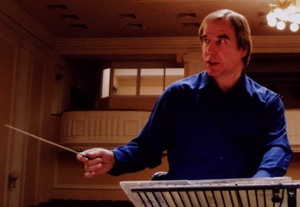
How the papers became public.
Social and Presonal
Omer Meir Wellber announces the birth of his first child, Olivia.

Message from ‘Godspell’ and ‘Wicked’ composer and lyricist Stephen Schwartz:
‘To my fellow theatre writers and producers: As you no doubt know, the state of North Carolina has recently passed a reprehensible and discriminatory law. I feel that it is very important that any state that passes such a law suffer economic and cultural consequences, partly because it is deserved and partly to discourage other states from following suit.
‘Therefore, I and my collaborators are acting to deny the right to any theatre or organization based in North Carolina to produce any of our shows. We have informed our licensing organizations and touring producers of this, and I’m happy to say have met with compliance and approval from them.
‘In the 1970s, I, along with many other writers and artists, participated in a similar action against apartheid in South Africa, and as you know, this eventually proved to be very effective.
‘If you are in agreement, you may want to join me in refusing to license our properties to, or permit productions of our work by, theaters and organizations in North Carolina until this heinous legislation is repealed.
‘Thank you for considering this.’
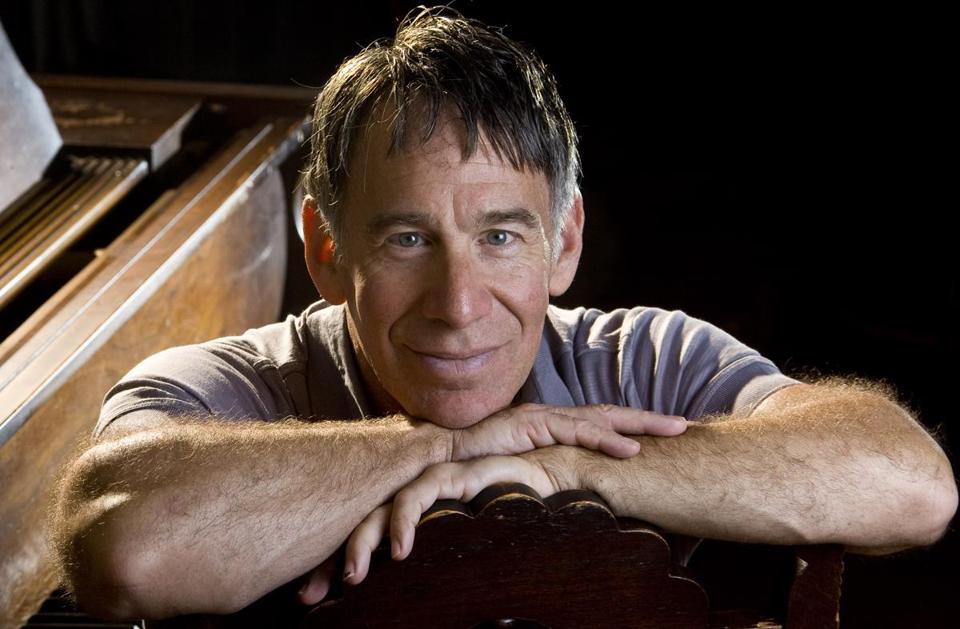
From the Buffalo News:
Martha Malkiewicz has no idea why anyone wanted to take her contrabassoon. It’s a woodwind that is twice the size of, and produces a lower sound than, a bassoon, with 16 feet of tubing curved around on itself into a 5-foot-long instrument.
Malkiewicz, who plays the contrabassoon for the Buffalo Philharmonic Orchestra, leaves the instrument at Kleinhans Music Hall when she’s not using it to practice or perform.
The 25-pound instrument – it weighs 50 pounds when it’s in its case – went missing while the orchestra was on a weeklong break.
Read on here.
In my monthly essay in Standpoint magazine, I examine the loss of verve and vitality in the London classical concerts scene.

This is a piece I hoped never to write and each word is wrung from me with regret. But recent chats with regular concertgoers have confirmed the growling in my gut that some life force has vanished from London’s music in the past couple of years. The causes are diverse. A former orchestra manager sees the decline as a “symptom of a deeper disorder: arts are no longer currency and therefore without constituency in the media”. He’s right. Apart from The Times, newspapers scarcely review classical concerts any more in print.
A surviving newspaper critic blames the subsidy-guzzling South Bank for relegating symphony concerts to a peripheral attraction, swamped on its website by pop events and on its forecourt by the stench of chain restaurants. This, too, is lamentably true.
But the sources of decline run deeper and broader than mere presentation.
Read on here.
The New York Times has published an Associated Press report by an anonymous journalist, zoning in on the physical inhibitions that affected James Levine’s conducting of Simon Boccanegra on Friday night.
Levine had clear downbeats Friday during solo portions, duets and trio but seemingly extraneous beats appears when the chorus was on stage… it was difficult to discern cues.
As of Sunday morning, the Times has yet to publish its own review. The AP report reads like a judge’s notes at a conducting competition.
There had been rumours all day Friday that Levine would not conduct the opening night, although musicians in the orchestra told us he had appeared fine at the general rehearsal. Levine conducts from a wheelchair and suffers from distracting arm tremors.
Peter Gelb had let it be known two months ago that he was prepared to ask Levine to step down, but was dissuaded after receiving medical reassurances from the conductor’s physician, details of which were promptly shared with the New York Times.
There appears to be board pressure to bring Levine’s 45-year term as Met music director to a rapid conclusion.
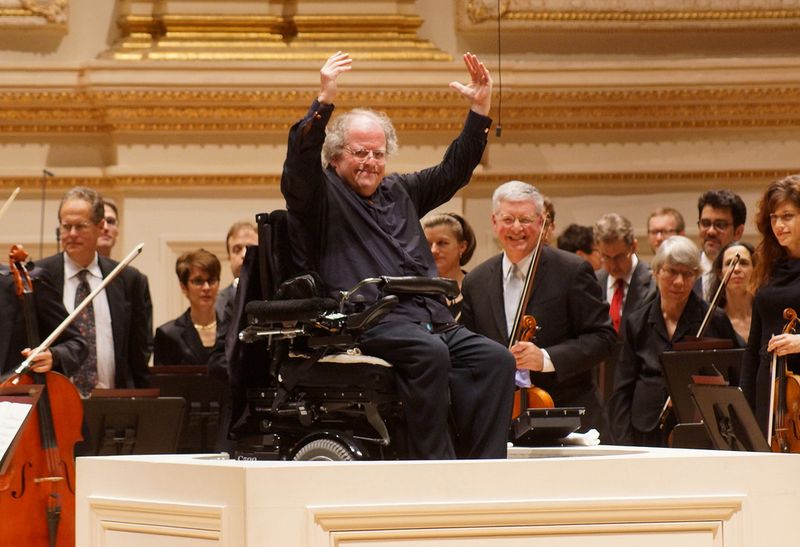
The company is putting on a matinee today to protest at rising German xenophobia.
All then musicians are appearing without fee.
They include:
Soprano Pumeza Matshikiza (Staatsoper Stuttgart),

Mezzo Adriana Ferfezka (Deutsche Oper Berlin),
Bariton Kartal Karagedik (Staatsoper Hamburg)
and Bass Ryan Speedo Green (Vienna Staatsoper).
Our Chicago Classical Review colleagues tell us that about 100 student protesters entered Symphony Center last night in an attempt to disrupt the Chicago Symphony Orchestra concert.
Some of the demonstrators managed to enter the hall. Small groups of protestors advanced to the front of the terrace seating behind the stage and attempted to unfurl banners, but these efforts were unsuccessful. One side of the banner on stage right fell down before being abandoned and removed, showing the names of Sam Zell and Governor Bruce Rauner.
Several patrons blocked the protestors actions on stage left, wrestling with them for control of their banner. Before it could be unfurled it was yanked down firmly to the stage by CSO trumpeter John Hagstrom.
Full report here.
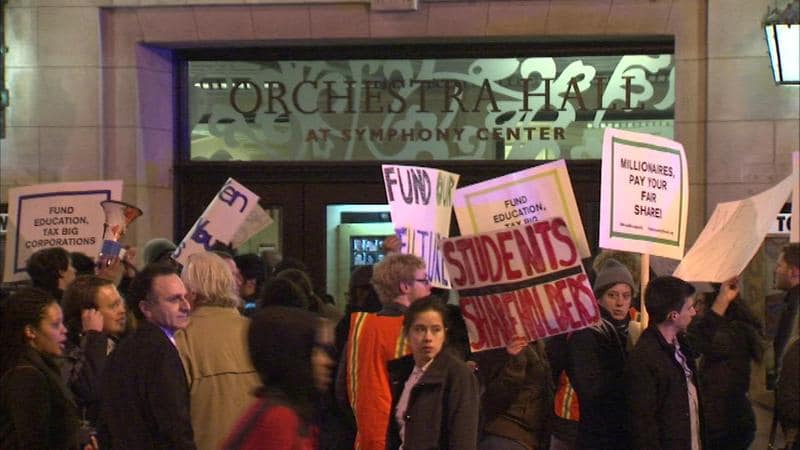
UPDATE: ABC report here.




